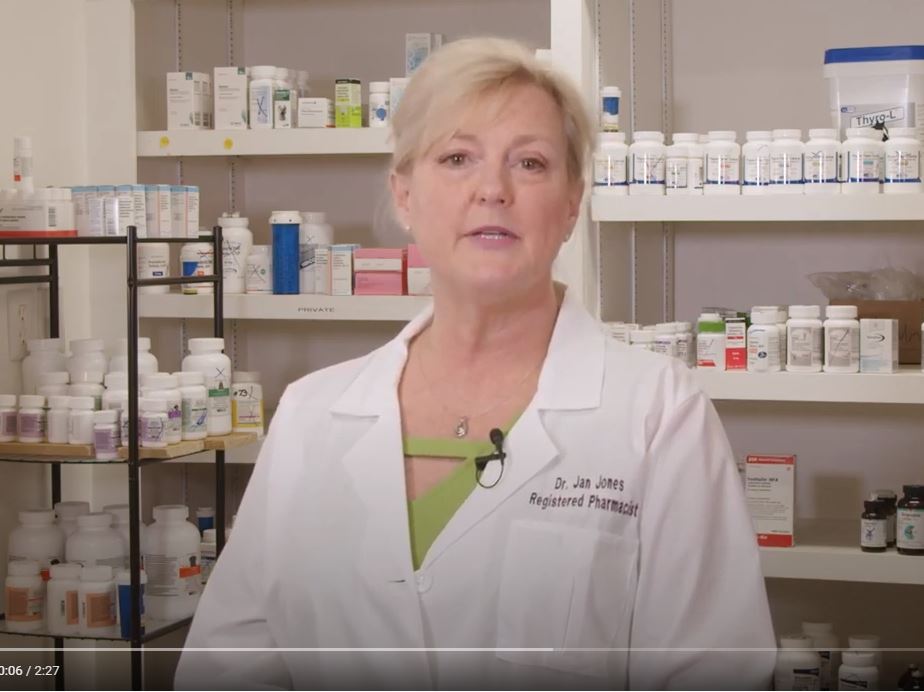Poison Prevention Week: Dogs
Xylitol: Safe for People, Deadly to Dogs
What is Xylitol?
Xylitol is a naturally occurring sugar-alcohol found in many types of fruits and vegetables and used as a sugar substitute in many common products. Appealing to dieters because of its sweet taste and small amount of calories, Xylitol is also widely used by diabetics who must monitor their sugar intake. While it has been determined to be a safe product for human consumption, Xylitol is extremely toxic to dogs, for a ten pound dog, ingesting one piece of gum may be all it takes for the animal to suffer from hypoglycemia.
Xylitol Dangers for Dogs
Toxicity
In both dogs and humans, the pancreas controls the level of blood sugar through the release of insulin. When Xylitol is ingested by humans there is only a small release of insulin.
However, when Xylitol is ingested by a dog:
- The substance is quickly absorbed into the bloodstream, which stimulates the pancreas to rapidly release insulin
- Shortly after ingestion, the animal will experience hypoglycemia, a sudden decrease in its blood sugar level
- Without the proper veterinary treatment, hypoglycemia can be life-threatening
Symptoms of Xylitol Poisoning
Signs of Xylitol toxicity develop rapidly, sometimes within 15 to 30 minutes following ingestion, but are usually evident within 1 to 2 hours. In some pets, toxicity may not show for up to 12 hours. Symptoms include:
- Vomiting
- Incoordination
- Weakness
- Lethargy
- Depression
- Tremors
- Seizures
- Coma
- Liver failure
What to Do If Your Pet Ingests Xylitol
- Contact their veterinarian immediately
- Have product label of item ingested when they phone for help, if possible
- Do not take steps unless directed by a veterinarian
Prompt veterinary care is essential in order to help an animal that has ingested Xylitol. You may also
call the Pet Poison Helpline (800-213-6680)
Do you have Products in your house with Xylitol?
Xylitol is found naturally in small amounts in many fruits, vegetables, and some trees, for example:
- Raspberries
- Plums
- Corn
- Birch wood
As manufactured and used as an added ingredient, Xylitol is commonly found in many types of products, for example:
- Medications:
- Vitamins
- Fiber supplements
- Nasal sprays
- Cough syrup
- Throat lozenges
- Sleep aids
- Nicotine gum
- Certain prescription drugs
- Dental health products:
- Toothpaste
- Dental floss
- Dry mouth sprays
- Mouthwash
- Food:
- Sugar replacement to sweeten beverages, add to cereals and baked goods
- Instant coffee
- Ketchup
- Pancake syrup
- Peanut butter
- Pudding
- Ice cream
- Drink powder
- BBQ sauce
- Chewing gum
- Candy
- Jam
- Chocolates
- Sugar free mints
Xylitol is even found in small amounts in some veterinary pet products, such as in some toothpastes and mouthwashes. When a veterinary product is found to contain Xylitol, it is important to follow the prescribed dose and to keep the product our of your pet’s reach to avoid potential poisoning
Steps to Prevent Xylitol Poisoning
1.Check the product labels of items being brought into your home, watching for alternative names on the product list, including:
- Birch sugar
- E967
- Meso-Xylitol
- Xilitol
- Xylit
- Xylite
- Xylo-pentane-1,2,3,4,5-pentol
2.When products are found to have Xylitol as an ingredient, make sure that they are put away so pets can’t get to them.
3.When Xylitol ingestion is caught early and the pet receives veterinary treatment right away, the prognosis for outcome is better. However, since even a small quantity of Xylitol can be deadly, it is important to advise clients that if they suspect their pet has ingested even a tiny amount of Xylitol that they seek veterinary help immediately.
4. Make sure that your children know to store Sugar Free gum, candies and chocolates or other items that contain Xylitol out of reach of their pets. I know in my household sometimes wrappers with small amounts of food are left in reach of a pet that would like a taste. As well, gum packages and chewed gum can be spat out and left for a dog to consume. If children know the danger that these items can impose on their pet they are more likely to keep them out of their pet's reach.
To Your Pet's Good Health,
Dr. Barry
Sources:
http://www.fda.gov/AnimalVeterinary/NewsEvents/CVMUpdates/ucm244076.htm







